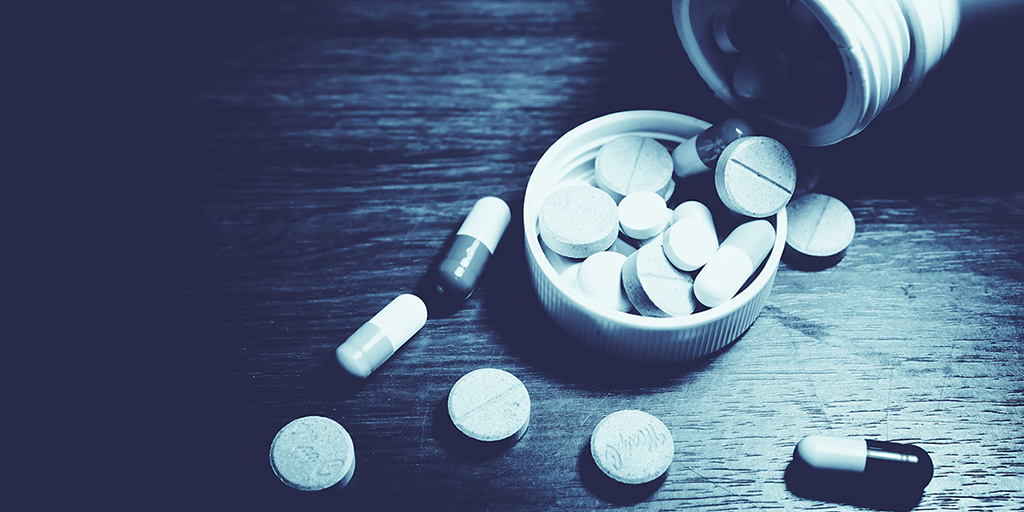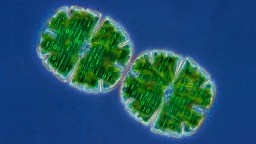Health
All Stories
Pregnancy is proving to be a crucial time to study the effects of hope and optimism within a relationship.
▸
9 min
—
with
It could add $83 billion to the U.S. economy in 10 years—and that’s a very conservative estimate.
Many people feel a profound connection to water, whether it’s oceans, rivers, or lakes. Now, science might have found an explanation.
The pharmaceutical industry excels at exploiting the free market by making recovery often inaccessible.
Researchers succeed in deleting key genes from ants, significantly modifying their behavior.
We’re more lonely than ever and this is horrible. Equally horrible? We can’t bare to spend time alone.
A study from Florida State University sheds light on the sudden urge some people feel to jump from a high place.
“Currently, inflammation is considered a major factor in the development of depression, dementia, and other brain disorders,” says Dr Drew Ramsey.
Take a moment to stop rushing, and rebel against the cult of being too busy.
A recent study reported that middle-aged adults who attended religious services were half as likely to die prematurely. Is religion truly a miracle drug?
RIP pessimists, we barely knew you. Carnegie Mellon University’s Professor Michael Scheier explains the impact your outlook has on the world inside of you, from your cells to your psychology.
▸
7 min
—
with
19% of American soldiers returned from Vietnam addicted to heroin. 95% of them recovered without relapse. How?
Health psychologist Kelly McGonigal discusses a three-step process to shift your mindset when anxiety creeps in.
The community of microorganisms that live inside of your stomach is one of the most important markers of health, physically and psychologically.
New studies look at possible age limits to the human lifespan.
A new study indicates that the brain can detect and help avoid diseases in others through the senses of sight and smell alone.
If you want to be a memory champion, this test is a good way to get started. Then maybe we can get a start on curing Alzheimer’s.
Researchers find the drug least likely to send you to emergency room.
AI is capable of self-reproduction—should humans be worried?
▸
6 min
—
with
Many people will try to give you hope or sell it to you, says Richard M. Cohen, who was diagnosed with MS at 25, and has battled two bouts of cancer, but hope is an internal discovery.
▸
6 min
—
with
A new study shows that being (and remaining) overweight and having type 2 diabetes is neurological nightmare.
Our brains didn’t evolve to see the world accurately, we only perceive what is useful and apply meaning to it. Neuroscientist Beau Lotto shows us how the sausage of reality is made.
▸
6 min
—
with
Scientists successfully test an ingenious system for growing premature fetuses.
Personifying certain drugs as evil while calling opioid users “victims” points a glaring spotlight on drug policies that aren’t really about public health.
Someday an implant may help the neurologically impaired overcome a damaged memory.
No human gets everything they want in life, as Ariel Levy discovered in the worst possible way.
▸
5 min
—
with
For the first time, the World Health Organization has declared a new mental illness to be the leading cause of disability around the world.
A study finds that just 30 minutes of memory training per day, for 40 days, can reorganize your brain connectivity.
Two-thirds of all cancers are caused by DNA replication errors, according to Johns Hopkins researchers. But don’t light a celebratory cigarette just yet.
Studies and trials point to the potential of a rave drug becoming the newest antidepressant medication in decades.





























